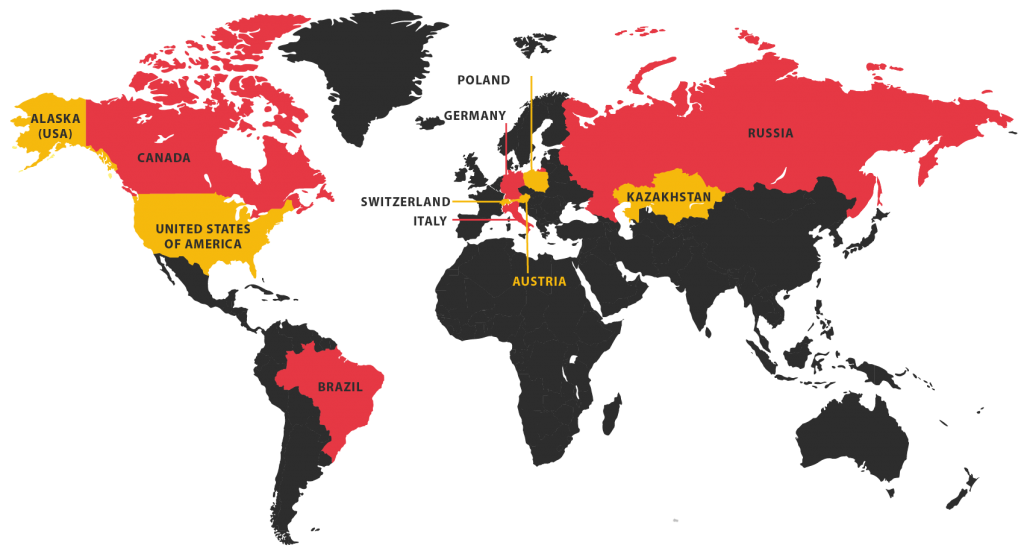German Translation Services

Language History
When civilians began settling in the Western areas of the Baltic Sea, this set motion for the basis of the German language – known as Proto-Germanic, this language is believed to have developed 2000 BC. It was during the Roman occupation of the Rhine-Danube area in 1st Century BC when the first-ever records of this language were found. Since then and due to sociopolitical factors and interaction with other languages, German has widely changed. German became standardized after several occasions including the influence of Martin Luther’s Bible translation into German in 1522 from the original Hebrew. This version of the German language set motion for the German we know today.
As of 2018, over 105 million people speak German as a first language, while about 80 million people around the globe use it as their second language.
Where is German Spoken?

FACT
Did you Know?
“German is increasingly becoming a language demanded by marketers. It helps companies cater to a larger audience.”
Longest German Compound Words
• Bezirksschornsteinfegermeister – “head district chimney sweep.”
• Lebensabschnittspartner – “the person I have been/am with.”
False Friends in English and German

Our Tip!
4 Easy Phrases in German!
Population vs. Internet Penetration
Germany Population:
82,438,636
Internet Users:
79,127,551
Penetration:
96.0%
As of 2019. Source:
www.internetworldstats.com
FACT!
Source: mosalingua.com
German Translation Tips
• There may sometimes be a need for language expansion when translating into German as the language is known for long compound words.
• Have good command of German nouns and their genders – know whether a word is der (masculine), die (feminine), or das (neutral).
• In most sentences, all verbs other than the main verb must be placed at the end of a sentence. For example – Ich möchte Eis essen. (I would like to eat an ice cream).






